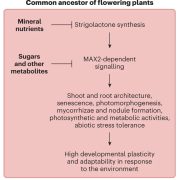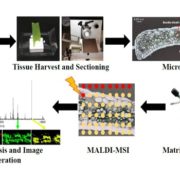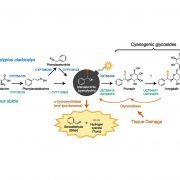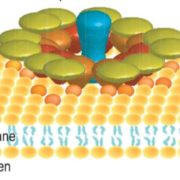P-HYDROXYPHENYLPYRUVATE DIOXYGENASE from Medicago sativa Is Involved in Vitamin E Biosynthesis and Abscisic Acid-Mediated Seed Germination (OA)
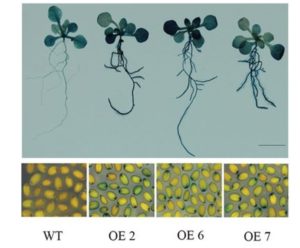 Sci. Rep. Vitamin E has been shown to scavenge singlet oxygen, reduce lipid oxidation by-products and inhibit lipid peroxidation, thereby helping plant defenses against various stresses.
Sci. Rep. Vitamin E has been shown to scavenge singlet oxygen, reduce lipid oxidation by-products and inhibit lipid peroxidation, thereby helping plant defenses against various stresses.
In this study, the authors identified MsHPPD as a key gene for vitamin E biosynthesis in alfalfa – an important crop and a model species for nitrogen fixation studies. The identification was initially hypothesized by sequence comparison with Arabidopsis and Medicago genes. The gene was shown to be highly expressed in leaves and induced following abiotic stress conditions such as salt, PEG and ABA treatments, as well as dark to light transition.
Hyperaccumulation of vitamin E (total vitamin and in particular β-tocotrienol and δ-tocopherol) was observed in transgenic lines overexpressing MsHPPD. The overexpression was also inked to fast seed germination in normal conditions and an increased germination rate when seeds were exposed to abiotic stress (i.e. salt or ABA treatments). In parallel, a reduced ABA content was measured in MsHPPD overexpressing seeds, as well as reduced expression of ABA-related transcripts. This leads to the hypothesis that vitamin E promotes alfalfa seed germination via a repression of the ABA pathway. (Summary by Elisa Dell’Aglio) Sci. Rep. 10.1038/srep40625


